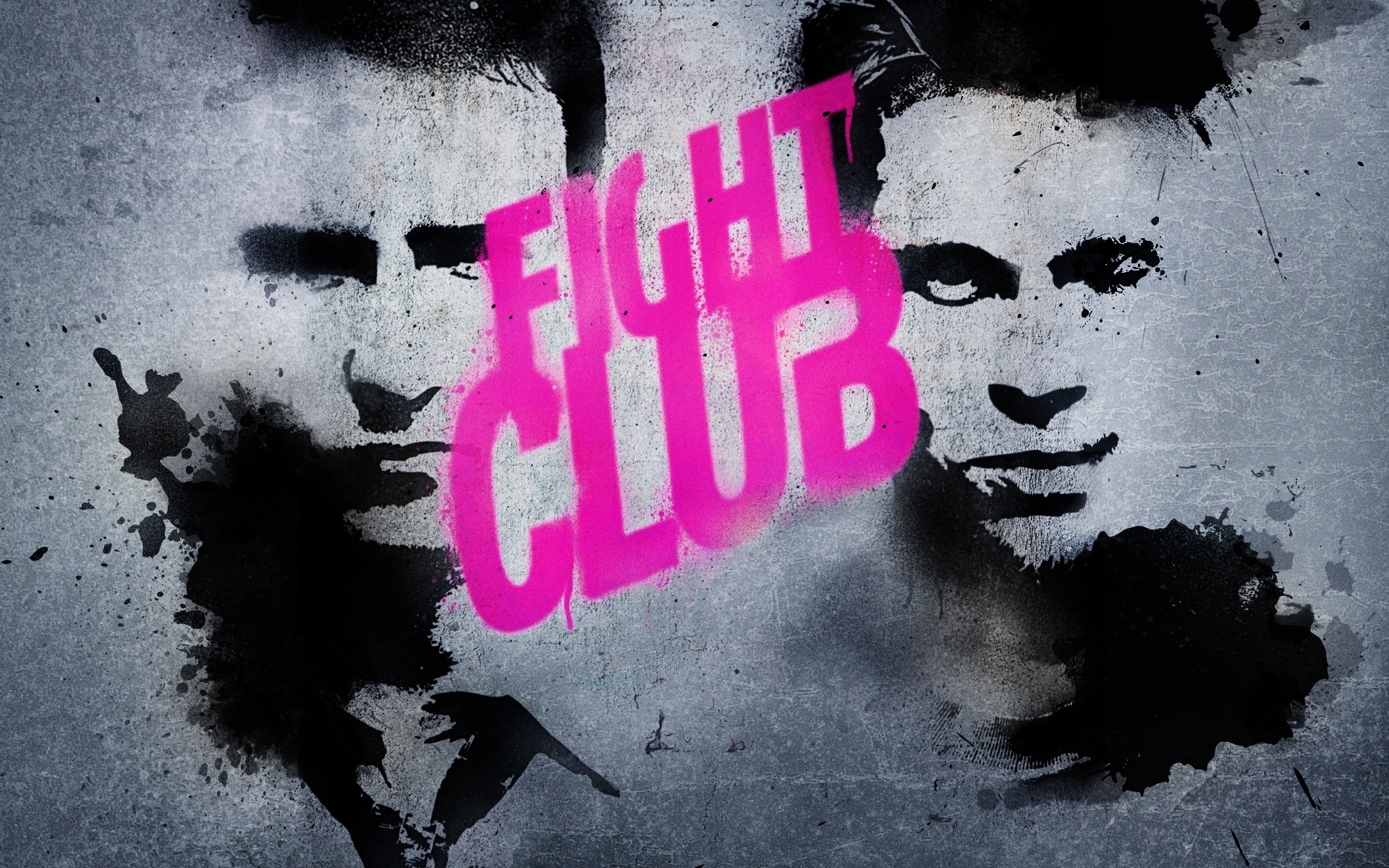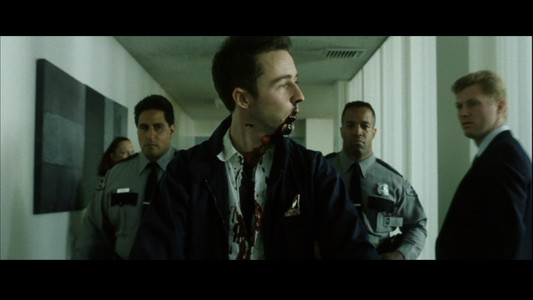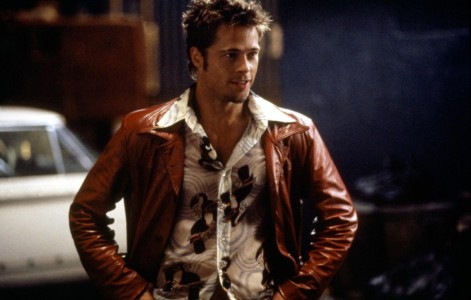This review may contain spoileresque content

Every year the vast majority of new movie releases pander to their respective audiences. Films that please to the masses will always make their money back tenfold, and as studios are concerned with fiscal gain over quality, bad or simple movies will always in the majority. Of course, there are always exceptions, movies that leave you somewhat uncomfortable. This could be for a variety of reasons, the movie may have allowed you to realize something about your life when all you want to do by going to a movie theater is escape it, or you may have been disturbed by the content of the movie. You may simply be unused to seeing movies that require you to think in a medium so often used just to line the pockets of Hollywood producers. This review is of one such film, Fight Club.
Fight Club been construed as many things, Everything from fascist to “a celebration of violence” as Roger Ebert put it. Oddly, it seems that despite being one of the most celebrated critics of modern times, he isn’t able to see Fight Club’s subtext. What makes this a great movie is how it reflects so many peoples lives back at them. Are you in a dead-end job that you hate? Do you have an overbearing boss? Do you hate that your life hasn’t become anything you wanted it to be? Then Fight Club can make you question what you are doing watching a movie in a desperate attempt at escapism when you could be out trying to make a change.
Fight Club is not only an analysis of modern life but also a critique of consumerist America. The entire plot revolves around an unnamed insomniac character (Edward Norton) who is the employee of a car company. He has been overcome by “The Ikea nesting instinct”. His life revolves around buying more useless furniture for his apartment until he meets Tyler Durden (Brad Pitt), a soap manufacturer who teaches him that self improvement is pointless and the only way to enjoy life if through self destruction.
The near subliminal product placement only adds to the already obvious anti-capitalist themes in the plot and dialogue of the movie. The fact that project mayhem purposely destroys apple products in the tech store window, and that in nearly every scene, there is a Starbucks cup in the background shows the ambitions of David Fincher to make this movie as rich in subtext as Palahniuk’s original work.
In conclusion, Fight Club is an excellent, enjoyable movie for anyone who doesn’t feel threatened by new ideas in a society that advocates conformity and rejects those who question it. From its intricate commentary of consumerism and the emasculation of men to its brilliant conclusion and excellent Pixies song Fight Club is a near perfect movie for anyone open to new ideas.
Fight Club is the Rebel without a Cause of Generation Y and I greatly recommend that if you haven’t already seen it that you do immediately. You don’t have a choice. You aren’t a beautiful, unique snowflake!




